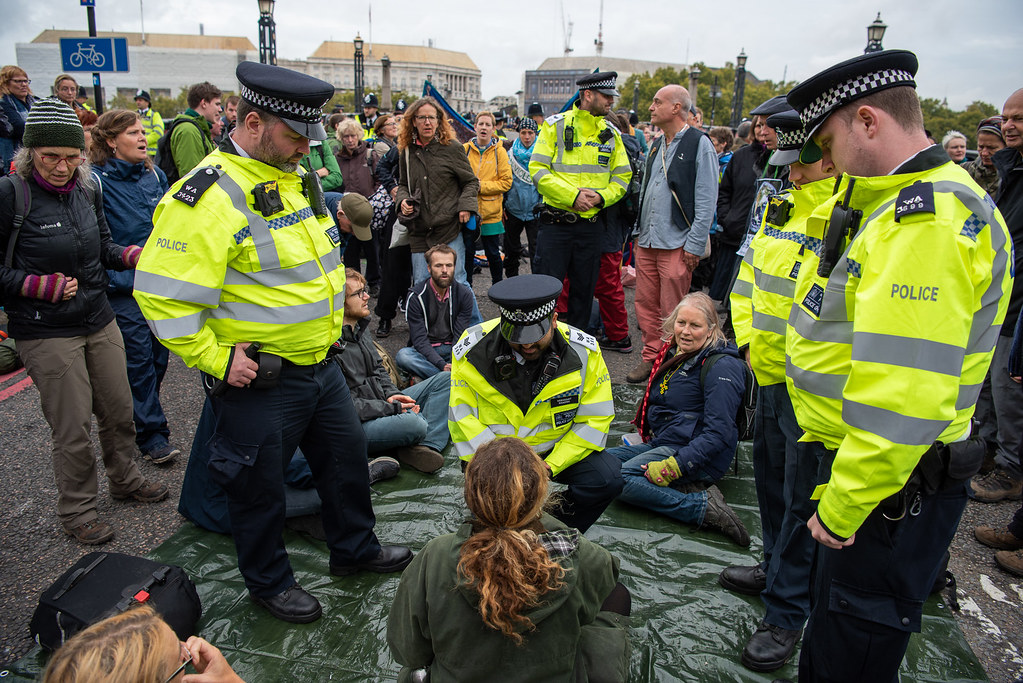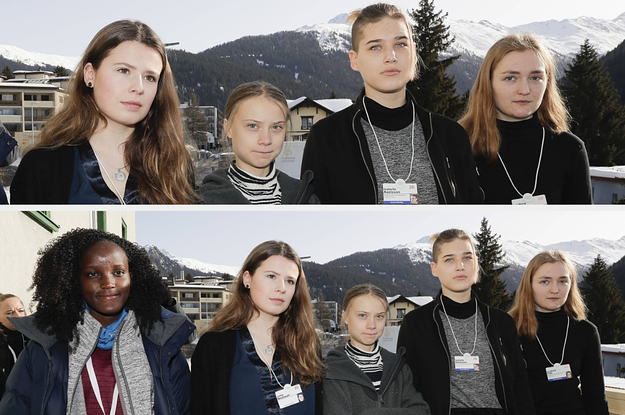It comes in the form of dismissive actions with clique like social structures and racism is no different in the climate campaign world.
This is a systemic issue most recognised by people of colour and it shouldn’t be difficult for white people to comprehend. Given the causes that are being fought for, the climate activist sphere should be the last place to encounter such prejudice. This issue is largely a sidelined topic brought to attention every so often, recycled as a means to appear more inclusive. If it were that important, we would see more climate activists of colour at the forefront of campaigning and in charge of the narrative. It is especially important to people of south-Asian and African descent as our ancestral lands are more susceptible to the blade of ecological breakdown.

Activist Karin Louise Hermes opened up about her time on the campaign circuit. Recalling her experiences, she told VICE: “As a climate activist in Berlin, I felt required to tell my Filipino family’s experience during speeches and rallies because this form of “storytelling” was the only thing that would move a mostly white European audience”.
Karin later realised that she would “…only be called upon when climate organizations needed an inspiring story or a “diverse” voice” and that “…whenever I would question the whiteness of these spaces and how strategies didn’t take race into account, I would be met with uncomfortable silences”.
These stories are not uncommon. As recent as January of this year, Ugandan climate activist Vanessa Nakate was cropped out of a photograph alongside other campaigners including Greta Thunberg by the Associated Press.

The Associated Press responded by saying it was a “terrible mistake” and that “it will expand diversity training worldwide as a result.” Deliberately cropping someone out of a photograph is not a terrible mistake nor is it an accident. Journalists need to understand who they’re photographing and why, leading me to believe this so-called “mistake” was not by any means an accident. Before publication and distribution of the photograph, it would have been filtered through several people before circulation. This is telling of the industry and the nature of its ideas. News outlets, especially news agencies, are campaigners, whether they like it or not and they have a responsibility to showcase the world’s climate issues from all perspectives, domestic and international.
Nakate said: ““When I saw the photo, I only saw part of my jacket. I was not on the list of participants. None of my comments from the press conference were included…” – “…It was like I wasn’t even there.”
Other groups including Extinction Rebellion are accused of white privilege. This led grassroots collective ‘Wretched of The Earth‘ to pen an open letter asking XR to reevaluate their tactics. In the letter, they say: “Our communities have been on fire for a long time and these flames are fanned by our exclusion and silencing”.
The letter further details that XR’s strategy (willing to be arrested) only benefits white people and fails to take into account that systemic racism disproportionately affects people of colour. Black people are more likely to be arrested than white people, and tactics permitted by XR fail to take into account the outcome people of colour may face. The collective says: “Many of us live with the risk of arrest and criminalization. We have to carefully weigh the costs that can be inflicted on us and our communities by a state that is driven to target those who are racialised ahead of those who are white” – “The strategy of XR, with the primary tactic of being arrested, is a valid one – but it needs to be underlined by an ongoing analysis of privilege as well as the reality of police and state violence”.
It is clear there is a problem. Especially when considering those who are at the forefront of campaigning against climate breakdown. We only have to look to the most recognisable faces in climate activism to see this, and there must be an acknowledgement that there are many more activists out there.
Considering people of colour are more likely to be affected by climate change, it is time that attitudes reorient in a way that is more accepting of all.

